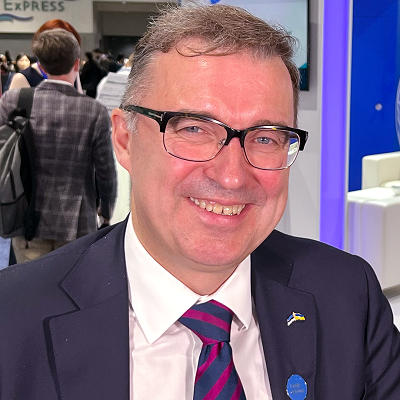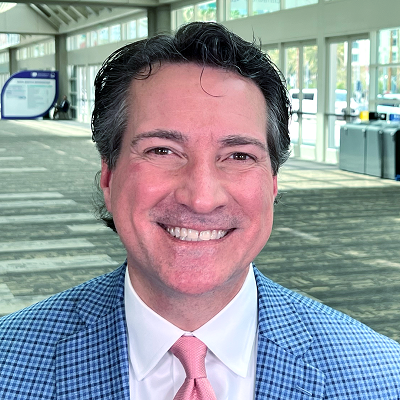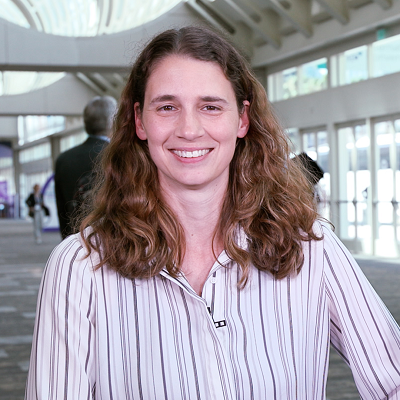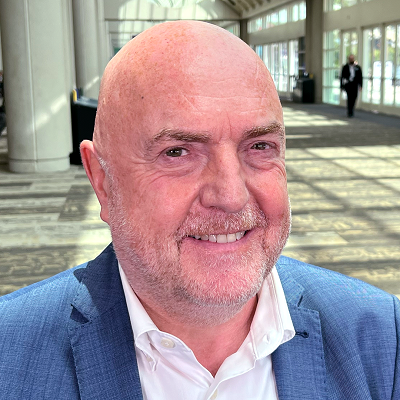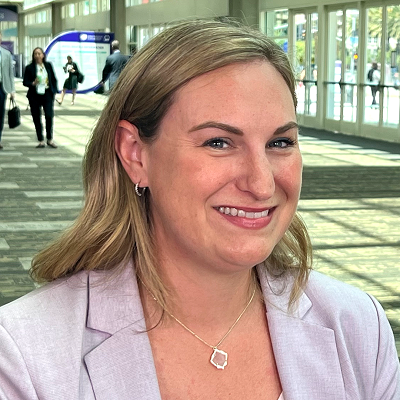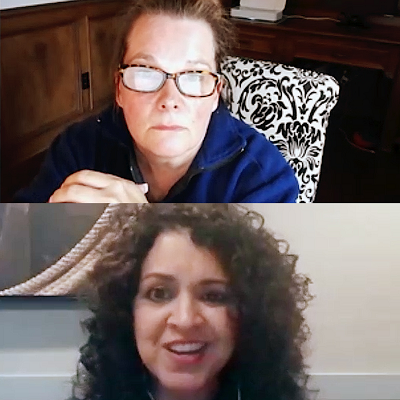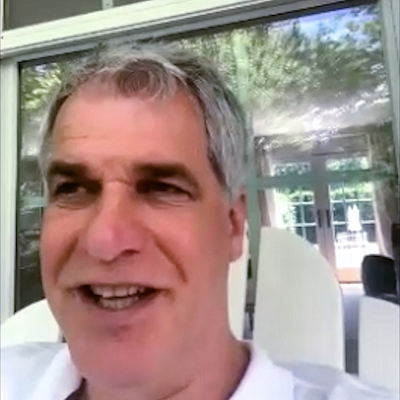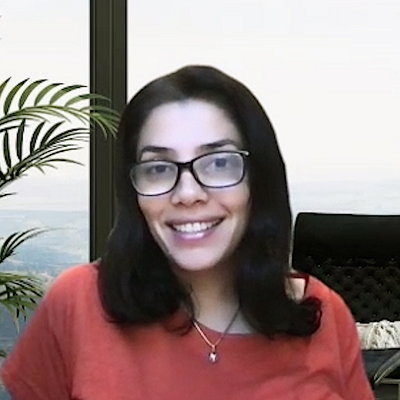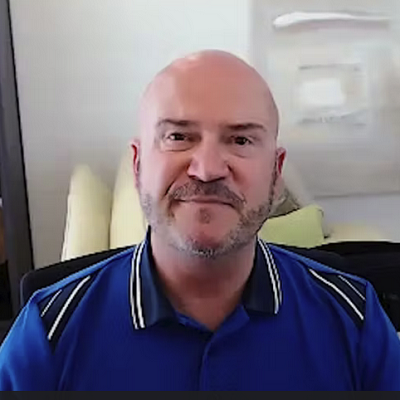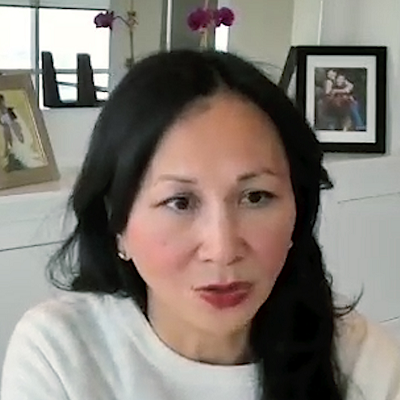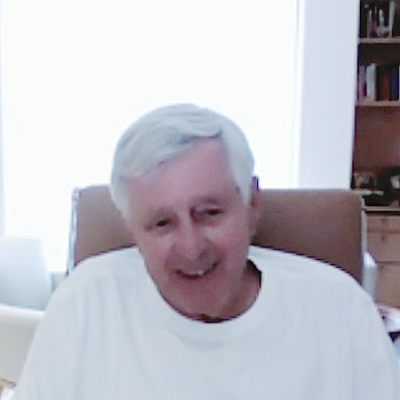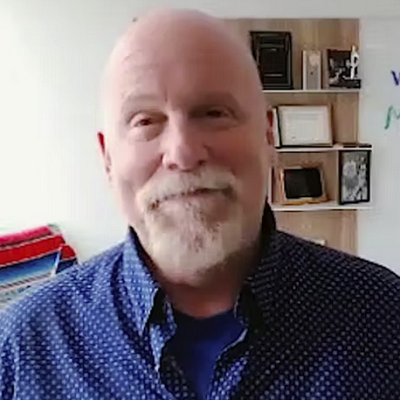ScienceBoard.net spoke with Salgaller at the 2022 Biotechnology Innovation Organization (BIO) International Convention about NIH's technology transfer professionals who work with its scientist inventors -- from basic science to translational to clinical -- to find commercial partners to take their inventions to market through licensing with hundreds of companies annually.
"There's a large percentage of our inventor portfolio that is unlicensed and we, at NIH, are not permitted to start companies. So, therefore, working with an industry partner to get that technology out of the lab bench to the clinic and to the marketplace is a must-have. It's not a nice-to-have," Salgaller said.
The Bayh-Dole Act of 1980 permits scientists, universities, and businesses to patent and profit from discoveries made through federally funded research. The law allows NIH to license technologies that were developed with public dollars. Salgaller notes that his office at NCI executes three licenses per week on average. To license from the agency, companies must have a commercialization plan in place for how they will get the technology to patients.
"We're not just interested in working with academia," Salgaller said. "The technologies that we've developed by our own scientists on our own campus are available for partnering and also for licensing."
Watch the video below to learn more.
Copyright © 2022 scienceboard.net
Last Updated 7/20/2022 2:28:45 PM

